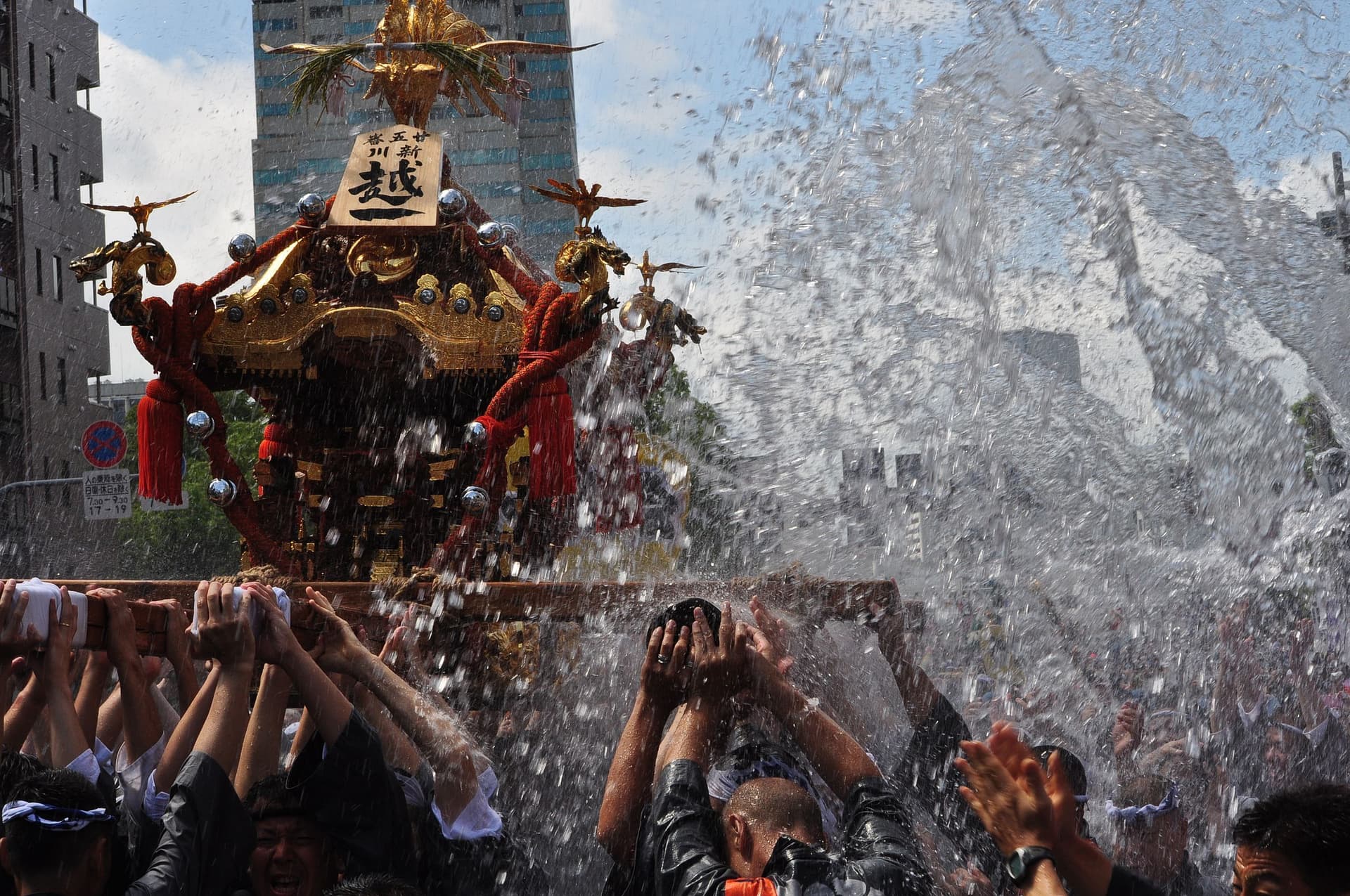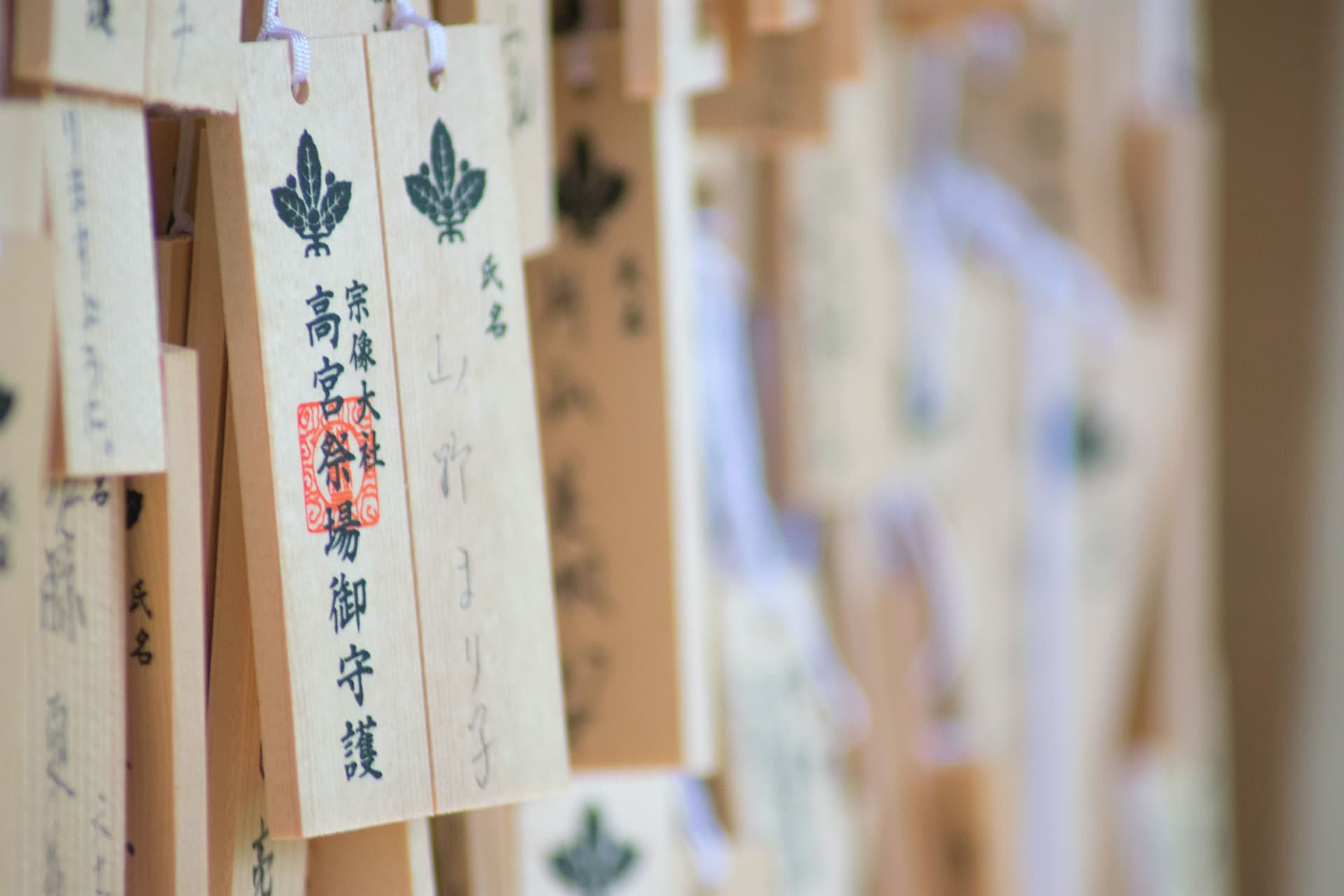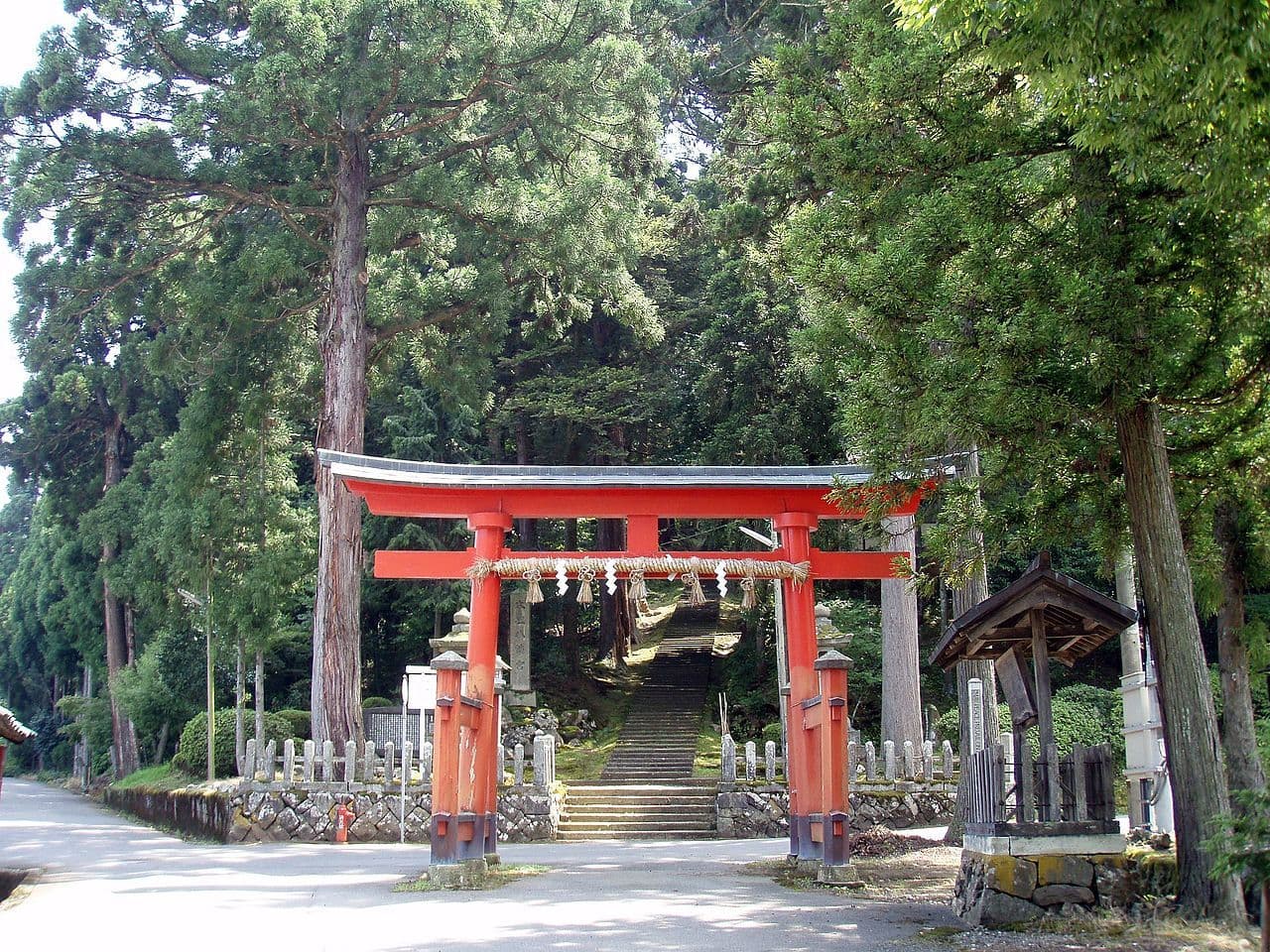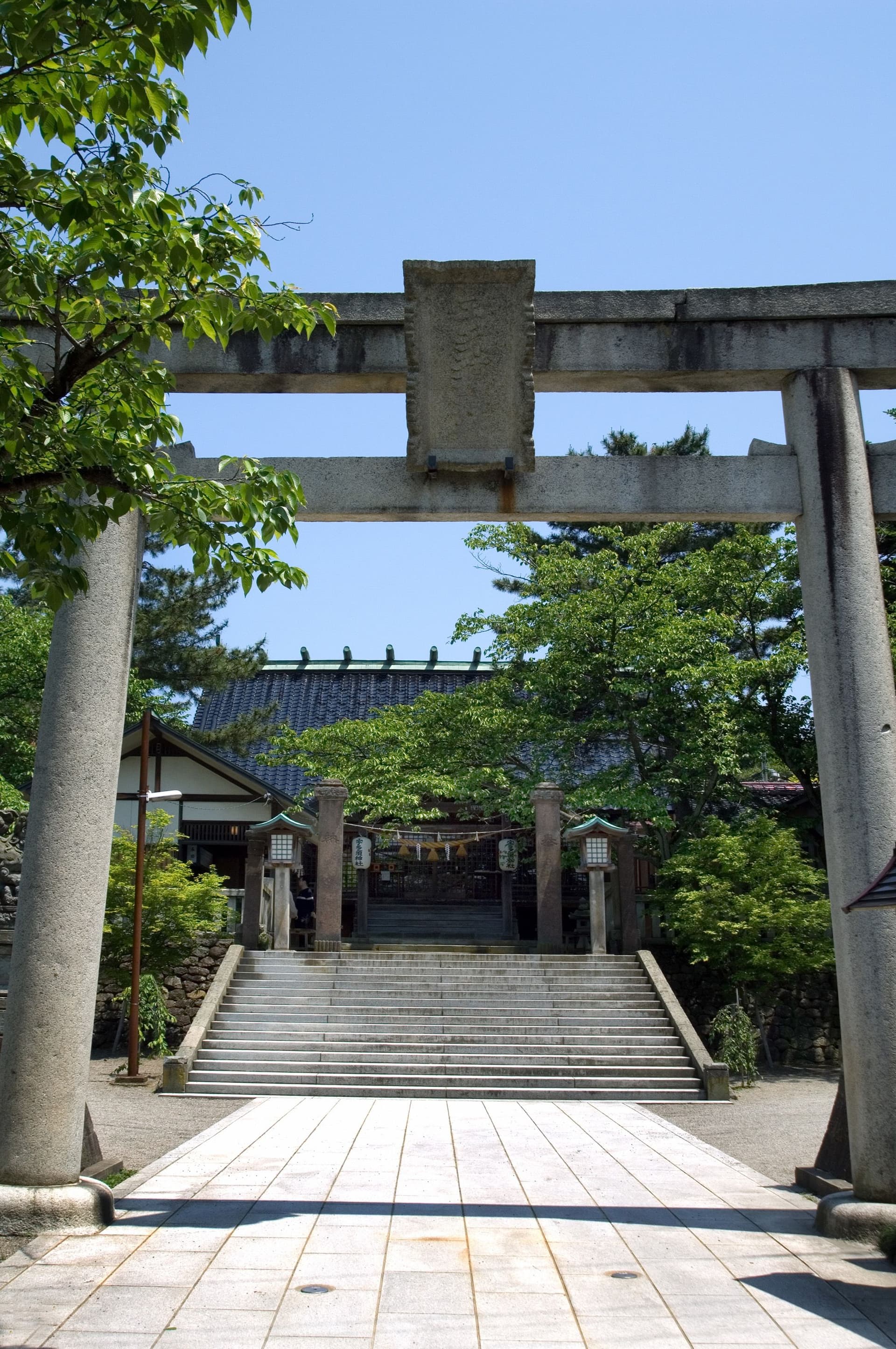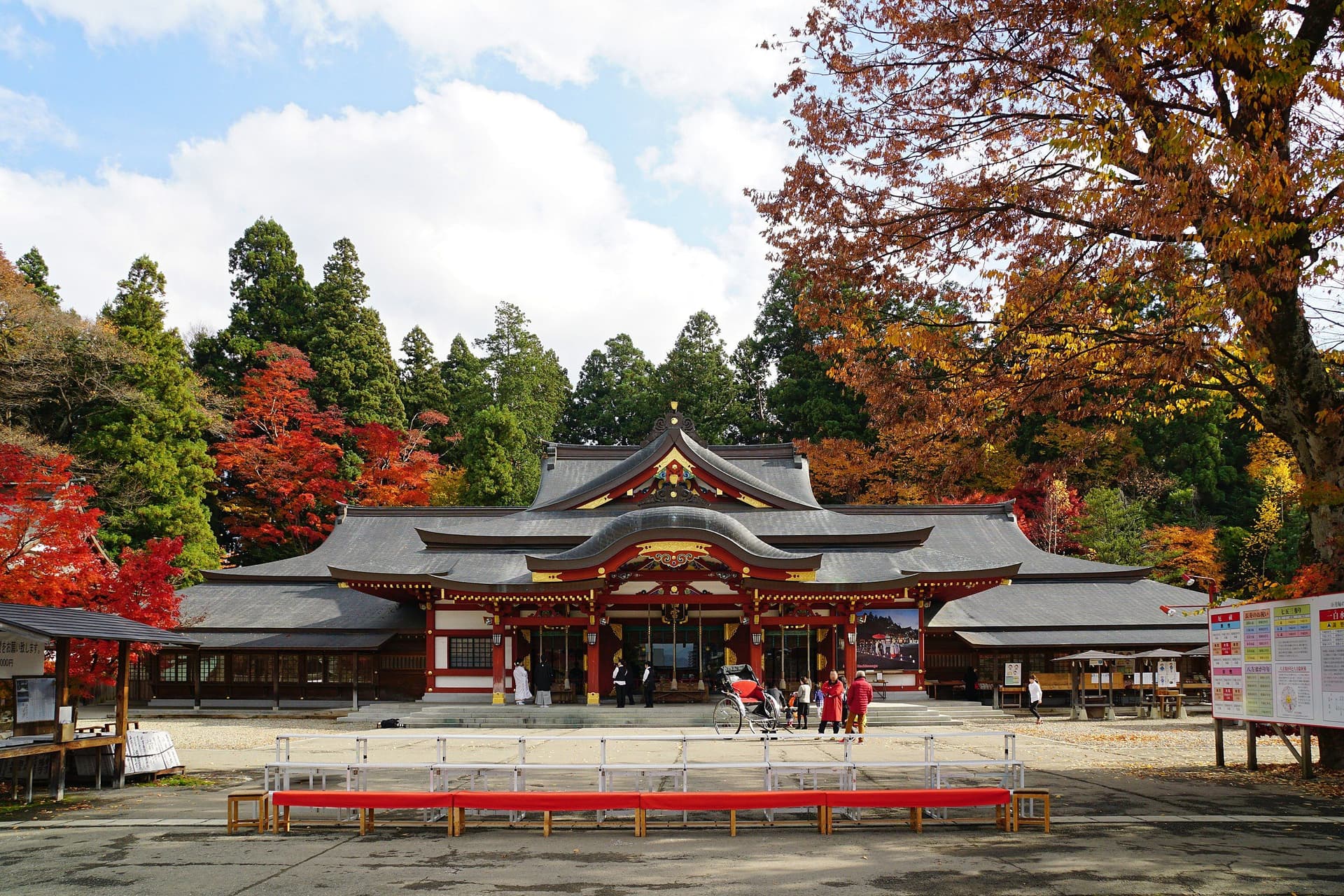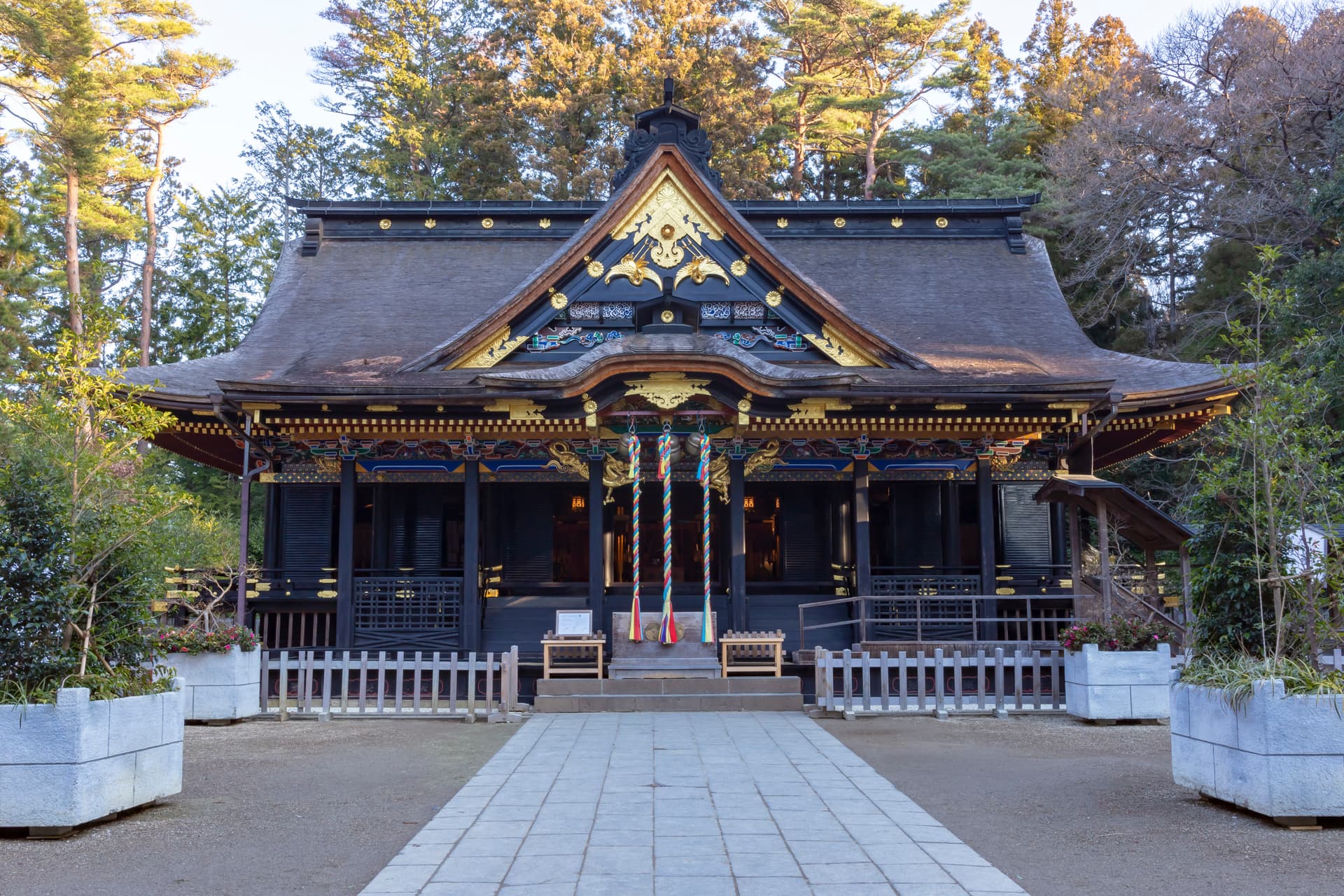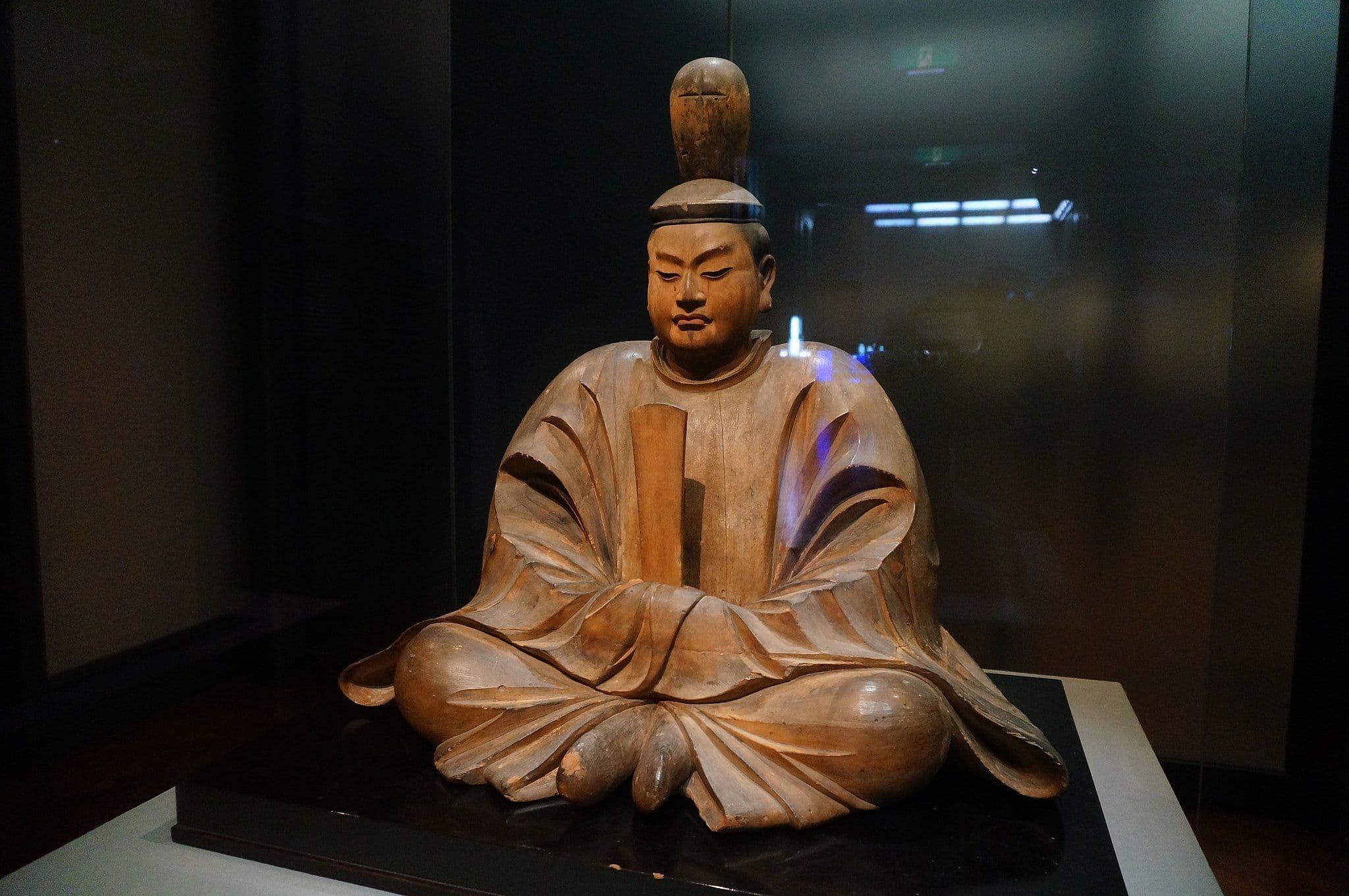
Hachiman
八幡神Hachiman is a Shinto deity and the god of war, agriculture, and the arts in Japan. Hachiman shrines, known as "Hachimangu," are dedicated to this deity and are found throughout the country. Hachiman is one of the most important and widely worshipped gods in Japan, and has a long and rich history in the country.
Hachiman has roots in ancient Japan and is believed to have originated as a god of war. He was associated with archery and was seen as a protector of the Japanese people. Over time, his role expanded to include agriculture and the arts, and he became known as a god of prosperity and good fortune.
Hachiman shrines are typically simple and unadorned, with a focus on the natural beauty of the surrounding environment. They are usually located in beautiful, peaceful settings, such as forests or hillsides, and are often associated with natural springs or other sources of water.
Hachiman shrines are a popular destination for tourists and pilgrims alike. Visitors come to these shrines to pay their respects to the deity, to make offerings and to pray for good health, happiness, and success. Hachiman shrines are also a popular destination for events and festivals, such as the "Omizu-tori" festival, which celebrates the deity's role as a protector of the water supply.
In addition to their religious significance, Hachiman shrines have played an important role in Japanese history and culture. Many of these shrines have a rich history and are associated with important events and figures in Japanese history. For example, the Tsurugaoka Hachiman-gu shrine in Kamakura is one of the most famous and historically significant Hachiman shrines in Japan, and has played a role in the development of Kamakura as a center of power and culture.
Last Updated:
